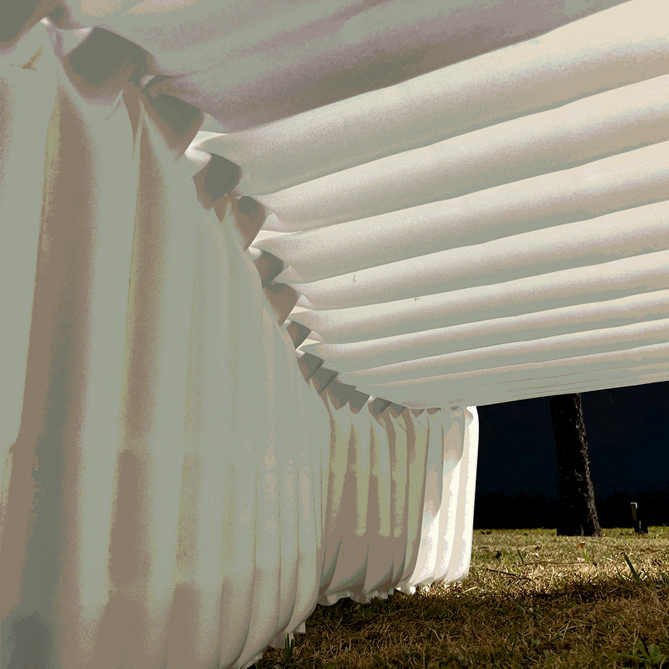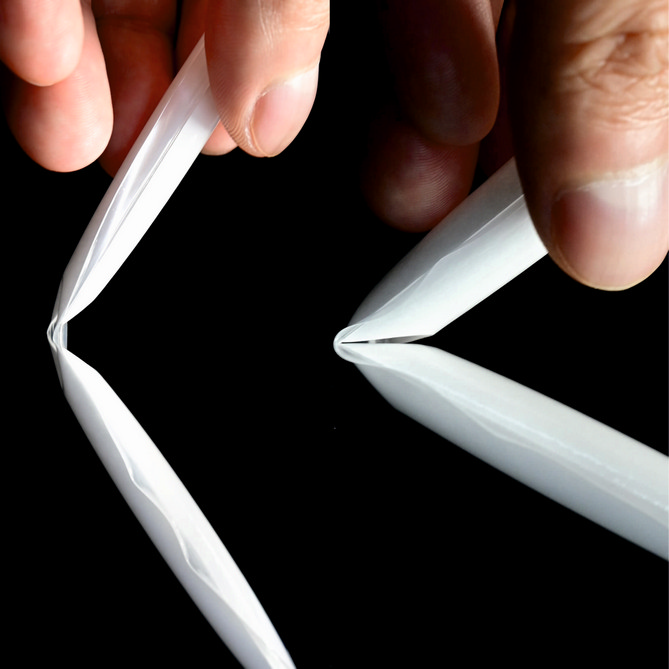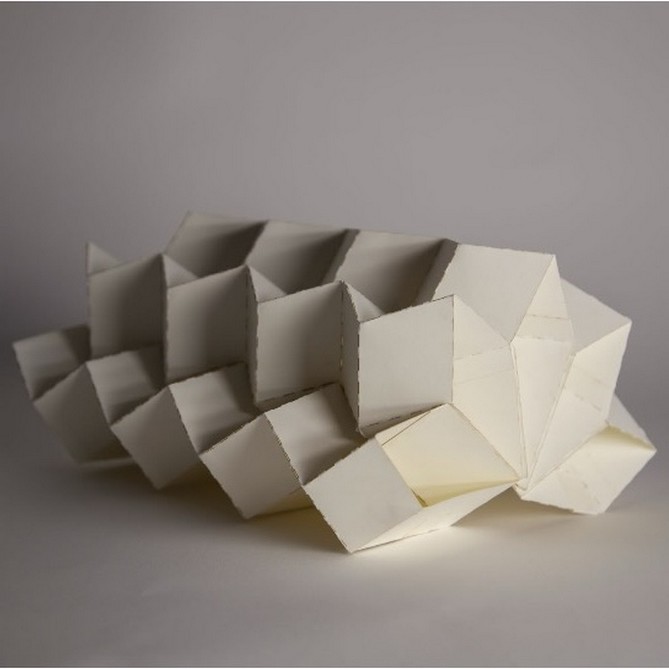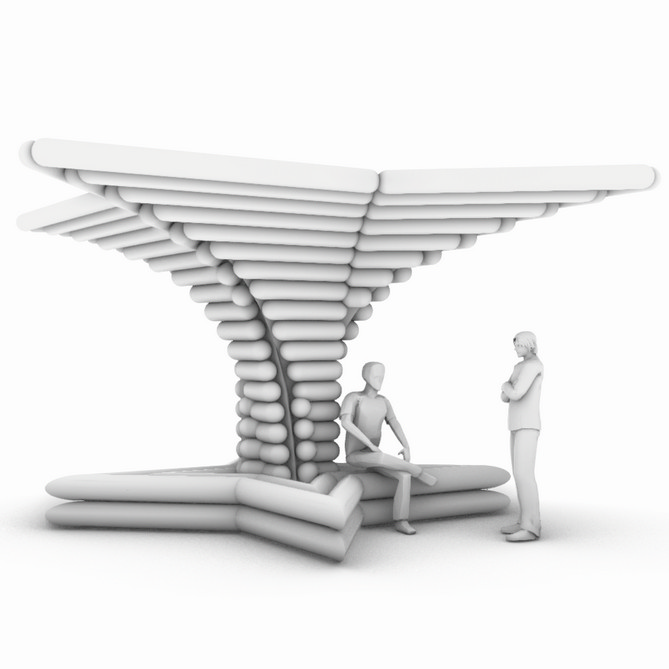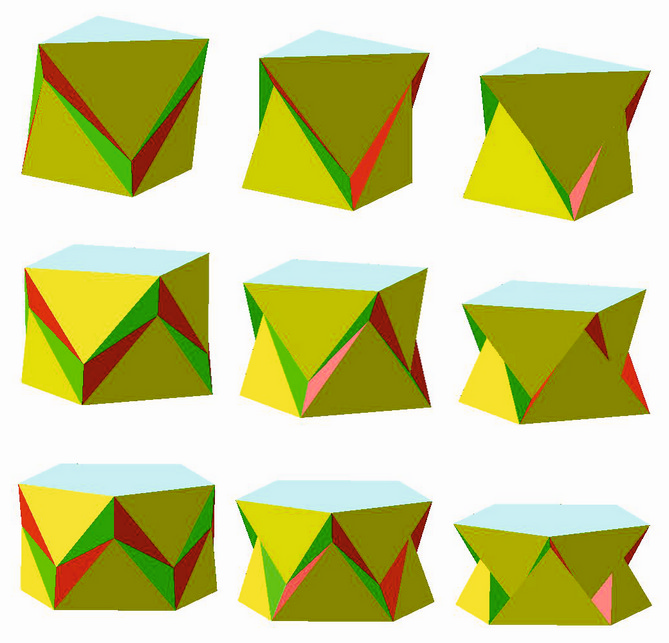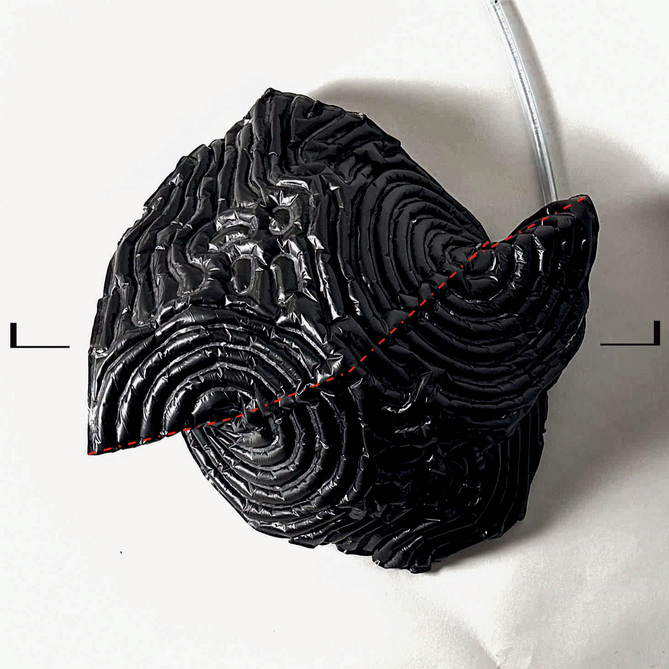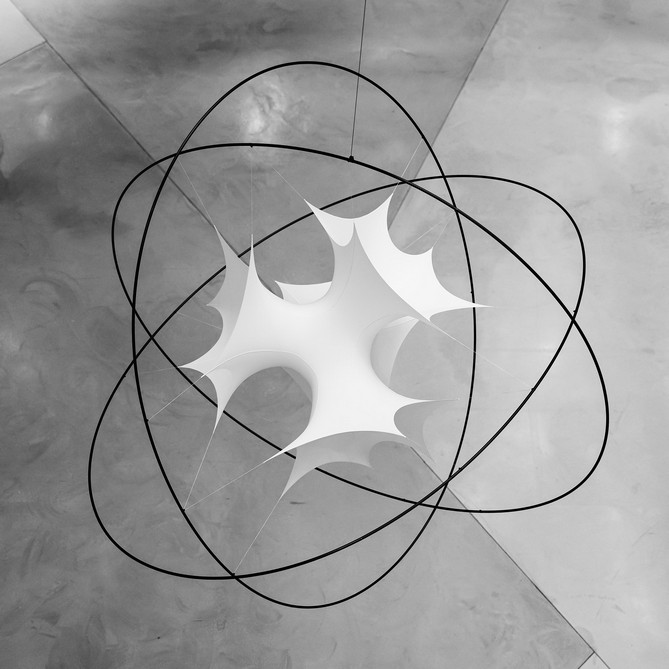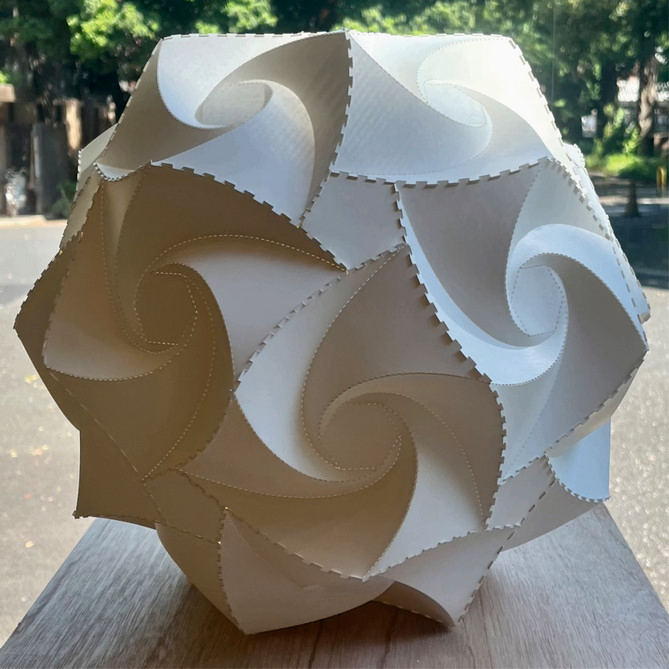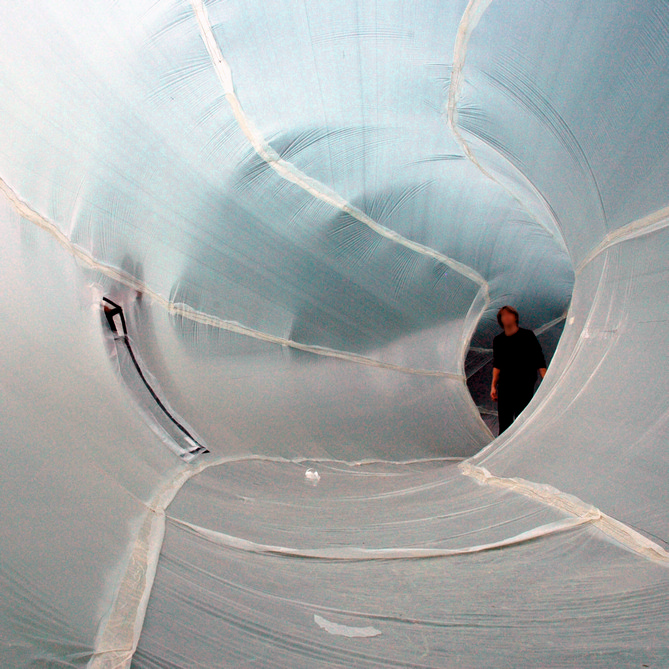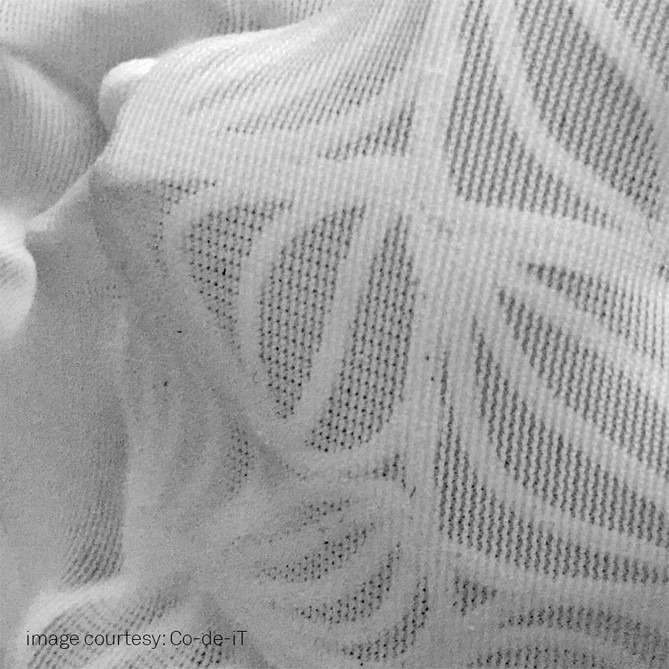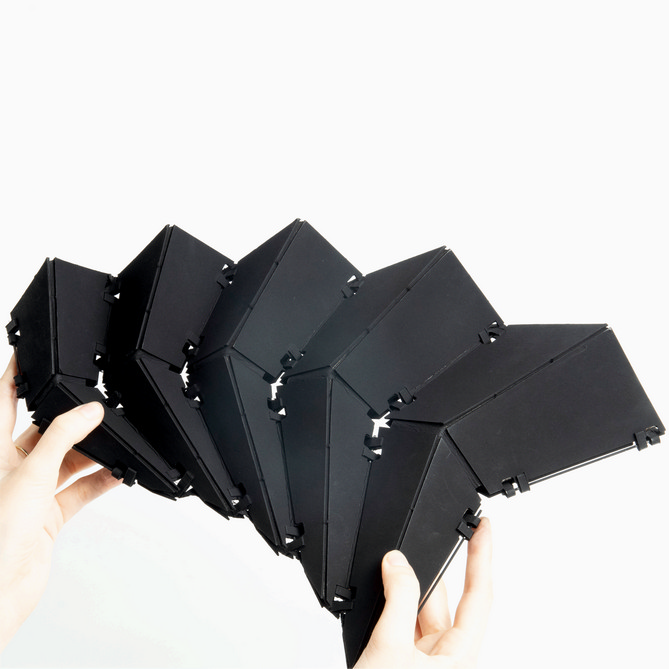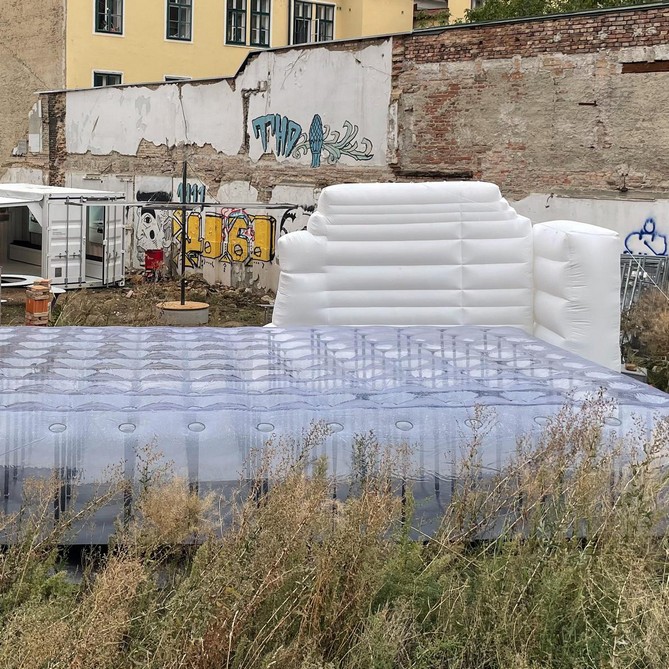
Organized in cooperation with the SFB Advanced Computational Design and the TachiLab.

Workshop objectives:
In this workshop participants will work in groups to build foldable air-pressure-driven mechanisms, which should be designed covering a rectangular which allows e.g.
(a) an actuation from its deployed state into a compact one (folding system) and/or
(b) an actuated morphing of its shape and/or
(c) an actuated change of the porosity to act e.g. as shading/ventilation device and/or
(d) an actuated spatial change.
The participants will develop the concepts through digital modeling and physical prototyping and build the table-top size models using digital fabrication tools. Constructed structures will be presented and discussed at the GCD Symposium for novelty of ideas and structural performance. In preparation to the workshop a series of weekly lectures will be given via Zoom starting in October until the workshop.
The interdisciplinary workshop team will provide and share their expert knowledge as well as their long experience, for a collaborative problem-solving workshop. The workshop should be an open space for students, researchers and practitioners to develop interesting ideas and hopefully new collaborations. Therefore, we encourage participants as well as tutors to give lightning talks at the beginning of the workshop.
Participants requirements:
Target group:
Students, researchers or practitioners in architectural geometry or geometric structures
Registration:
Besides invited participants there are only ~10 slots left which can be filled by registration!
For registration please write an email to nawratil@geometrie.tuwien.ac.at including name, affiliation, role (MSc, PhD, PostDoc, etc.) and if available personal or research group website. The registration fee is 350 € (300 € for members of the AdvanceAEC Network) covering material costs, coffee breaks, as well as the workshop dinner on Nov 28th.
Attendees will be awarded with 2.5 ECTS credits.
Lecture series ahead of the GCD25 Workshop:
This lecture series consists of the following six lectures. For details (abstracts and how these lectures are linked to the aims and scope of the GCD25 Workshop) please see this PDF.
Procedure and scheduled program:
Workshop Organizing Committee:
Rupert Maleczek (University of Innsbruck)
Georg Nawratil (TU Wien)
Kiumars Sharifmoghaddam (TU Wien)
Tomohiro Tachi (TachiLab, University of Tokyo)
Workshop Scientific Team:
Matthew Gardiner (Ars Electronica Futurelab)
Ursula Klein (University of Applied Arts Vienna, company „schulteswien”)
Duks Koschitz (Pratt Institute, NY)
Maya Kraft (ISTA)
Klara Mundilova (EPFL)
Marco Palma (TU Wien)
Mark Pauly (EPFL)
Florian Rist (KAUST, TU Wien)
Yiwei Zhang (TachiLab, University of Tokyo)
